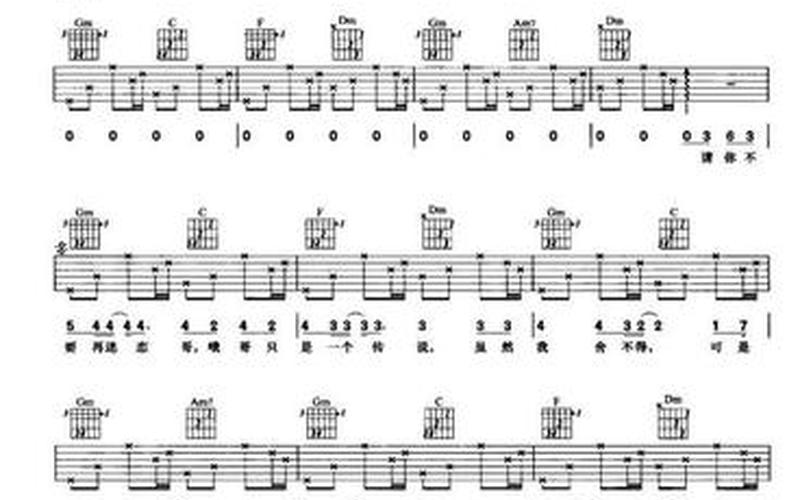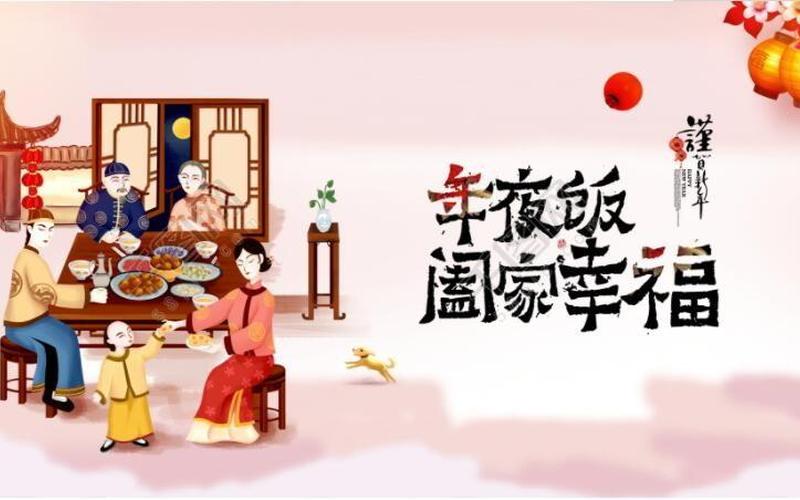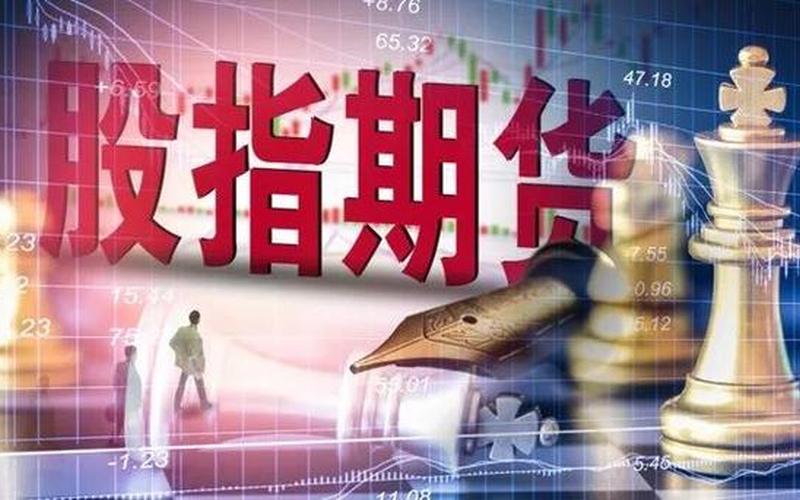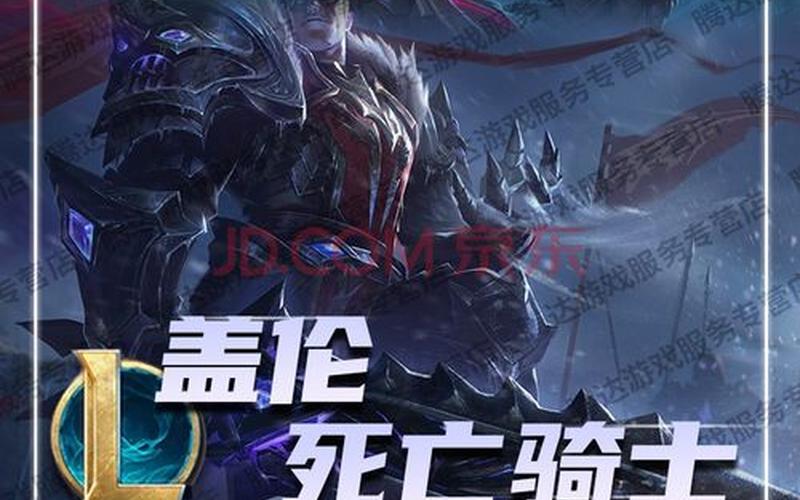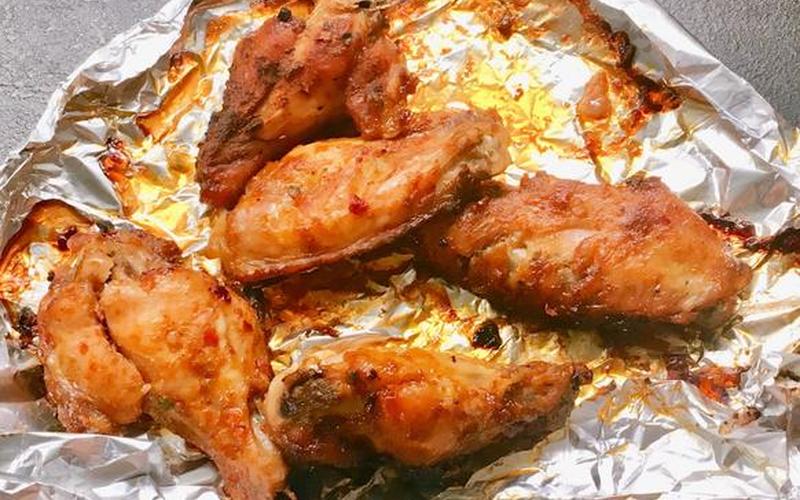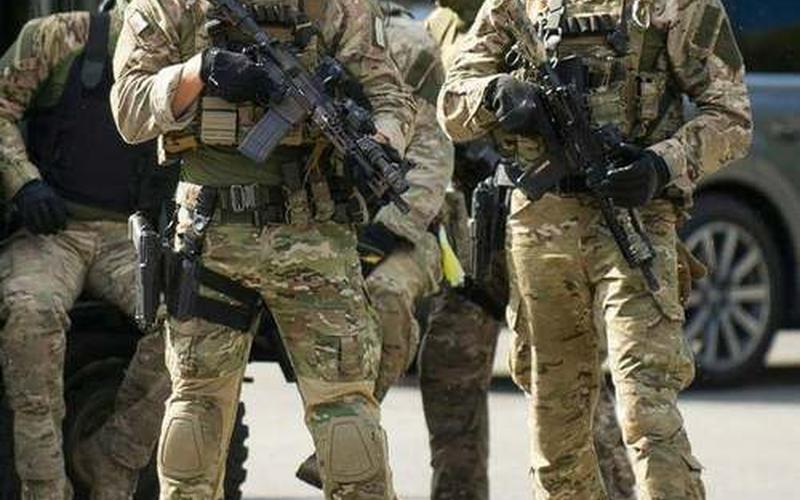纳尔逊曼德拉为什么炸楼?
学谢谢... 学谢谢他是南非的黑人解放运动的领导,由此推测他这样做应该是为了解放黑人吧!
纳尔逊•曼德拉是一位什么样的人?
有人说,在当今的国家元首中,没有一个人能够像南非总统纳尔逊•曼德拉那样荣耀。的确,这个有着传奇经历的黑人领袖,一生中获奖无数,尤其是那枚诺贝尔和平奖,更使他显得无上光荣。
下面分享相关内容的知识扩展:
阅读下面的文字,完成下列小题。种族隔离制度绝无前途纳尔逊·曼德拉①今天,大多数南非人,无论黑人还是
阅读下面的文字,完成下列小题。种族隔离制度绝无前途纳尔逊·曼德拉①今天,大多数南非人,无论黑人还是白人,都已认识到种族隔离制度绝无前途。为了确保和平与安全,我们必须依靠自己的声势浩大的决定性行动,来结束这种制度。我国各个团体和我国人民的大规模反抗运动和其他行动,终将导致、也只能导致民主制度的确立。②种族隔离制度给我们这片大陆造成了难以估量的破坏。成千上万个家庭的生活基础遭到了摧毁。成千上万人流离失所,无法就业。③我们的经济濒临崩溃,我们的人民卷入了政治冲突。我们在1960年采取了武装斗争方式,建立了非洲人国民大会的战斗组织——“民族之矛”,这纯属为反抗种族隔离制度的暴力而采取的自卫行动。④现在需要把我国人民团结起来,这是一项一如既往的重要任务。任何领导人,都无法独自承担起所有这些重任。作为领袖,我们的任务是向我们的组织阐明观点,并允许民主机制来决定前方的道路。⑤关于实行民主问题,我感到有责任强调一点:运动的领导人要由全国性会议通过民主选举而产生。这是一条必须坚持、毫无例外的原则。⑥要谈判消灭种族隔离制度问题,就必须正视我国人民的压倒一切的要求,即建立一个民主的、不分肤色的和统一的南非。白人垄断政权的状况必须结束。⑦还必须从根本上改造我国的政治制度和经济制度,以便使种族隔离制度造成的不平等问题得到解决,并保证我们的社会彻底实现民主化。⑧现在放松努力将铸成大错,我们的子孙后代将不会原谅这个错误。地平线上萌现的自由奇观,应该激励我们付出加倍的努力。只有通过有纪律的群众运动,胜利才有保障。我们呼吁白人同胞加入我们的行列,来共同创造一个新南非,自由运动也是你们的政治归宿。我们呼吁国际社会继续采取行动,来孤立这个实行种族隔离制度的 *** 。⑨最后,我想回顾一下我在1964年受审时说过的话。这些话在当时和现在都一样千真万确。我说过:我为反对白人统治而斗争,也为反对黑人统治而斗争;我珍视民主和自由社会的理想,在这个社会中,人人和睦相处,机会均等。我希望为这个理想而生,并希望实现这个理想。但是如果需要,我也准备为这个理想而死。(有删改)小题1:种族隔离制度给南非造成了什么样的危害?小题2:作者认为面对目前的情况,需要采取哪些措施进行理想斗争?小题3:怎样理解“我为反对白人统治而斗争,也为反对黑人统治而斗争”这句话的含意?小题4:作者为了理想,可以献出自己的生命,请你谈谈读了本文后,对理想有何认识。小题1:无数个家庭被破坏,人民流离失所;人民卷入政治冲突,国家经济濒临崩溃。
小题2:①团结人民,通过全国性会议民主选举领导人。②改造政治、经济制度,以便使种族隔离制度造成的不平等问题得到解决。③取得白人同胞和国际社会的帮助。
小题3:作者主张建立民主和自由的社会,在这个社会中,人人和睦相处,机会均等。
小题4:纳尔逊·曼德拉是南非著名的黑人领袖,为了反对种族隔离制度的黑人革命斗争,他宁愿献出自己的生命,这种理想是伟大的、崇高的。伟大的理想可以鼓舞人、塑造人,我们一定要树立远大的理想。
试题分析:
小题1:解答此题要根据题目的要求,找准信息所在的段落加以筛选概括。通观文章,“种族隔离制度给南非造成的危害”主要集中在文章的第②③两段,可以从百姓生活和经济发展等方面概括。
小题2:解答此题需要从第④⑤⑥⑦⑧段中找出表明作者观点主张的语句,再进行提炼概括。作者在文中提出了一些具体的措施和做法。从国民(包括黑人、白人)、国际社会等不同方面提出了自己的希望,力求孤立乃至改变这个实行种族隔离制度的 *** 。
小题3:关键在于准确把握作者的观点和文章的中心。作者反对的是专制制度,而不在于某一类人。可结合最后一段文字的相关语句概括。
小题4:本题属于开放性试题,可结合文中曼德拉为理想而不懈奋斗的誓言和实现这个理想的态度,再结合自己的现实生活进行分析评价,提出要求,言之成理即可。
英语翻译问题:纳尔逊.曼德拉生于何年何月
内容如下:
Nelson Mandela was born in Transkei, South Africa on July 18, 1918. His father was a Chief of a tribe. Mandela has strong character even from he was a child and he advocates national hero vuey much.
As the oldest son in his family, Mandela was appointed as the successor of the tribe,but he refused that .He said he would never adominate a tribe,which was under oppressed,with a cheif identify.
译文:
纳尔逊·曼德拉于1918年7月18日出生在南非的特兰斯凯。他的父亲是一个部落的酋长。曼德拉从小就有坚强的性格,他非常崇尚民族英雄。
作为家中的长子,曼德拉被任命为部落的继承人,但他拒绝了。他说他永远不会用一个酋长的身份来称呼一个被压迫的部落。
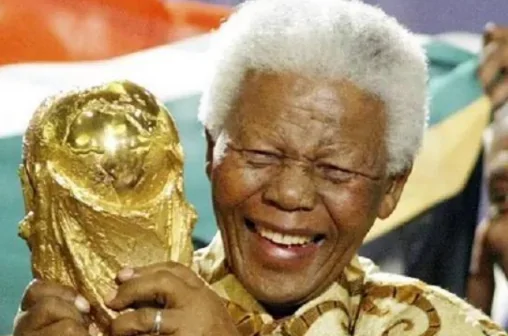
英语翻译技巧:
1、省略翻译法
这与最开始提到的增译法相反,就是要求你把不符合汉语,或者英语的表达的方式、思维的习惯或者语言的习惯的部分删去,以免使所翻译出的句子沉杂累赘。
2、合并法
合并翻译法就是把多个短句子或者简单句合并到一起,形成一个复合句或者说复杂句,多出现在汉译英的题目里出现,比如最后会翻译成定语从句、状语从句、宾语从句等等。
谁知道~~纳尔逊·曼德拉的政治生涯(英文说明)
请帮忙一下!!!Nelson Mandela's greatest pleasure, his most private moment, is watching the sun set with the music of Handel or Tchaikovsky playing.
Locked up in his cell during daylight hours, deprived of music, both these simple pleasures were denied him for decades. With his fellow prisoners, concerts were organised when possible, particularly at Christmas time, where they would sing. Nelson Mandela finds music very uplifting, and takes a keen interest not only in European classical music but also in African choral music and the many talents in South African music. But one voice stands out above all - that of Paul Robeson, whom he describes as our hero.
The years in jail reinforced habits that were already entrenched: the disciplined eating regime of an athlete began in the 1940s, as did the early morning exercise. Still today Nelson Mandela is up by 4.30am, irrespective of how late he has worked the previous evening. By 5am he has begun his exercise routine that lasts at least an hour. Breakfast is by 6.30, when the days newspapers are read. The day s work has begun.
With a standard working day of at least 12 hours, time management is critical and Nelson Mandela is extremely impatient with unpunctuality, regarding it as insulting to those you are dealing with.
When speaking of the extensive travelling he has undertaken since his release from prison, Nelson Mandela says: I was helped when preparing for my release by the biography of Pandit Nehru, who wrote of what happens when you leave jail. My daughter Zinzi says that she grew up without a father, who, when he returned, became a father of the nation. This has placed a great responsibility of my shoulders. And wherever I travel, I immediately begin to miss the familiar - the mine dumps, the colour and *** ell that is uniquely South African, and, above all, the people. I do not like to be away for any length of time. For me, there is no place like home.
Mandela accepted the Nobel Peace Prize as an accolade to all people who have worked for peace and stood against raci *** . It was as much an award to his person as it was to the ANC and all South Africa s people. In particular, he regards it as a tribute to the people of Norway who stood against apartheid while many in the world were silent.
We know it was Norway that provided resources for farming; thereby enabling us to grow food; resources for education and vocational training and the provision of accommodation over the years in exile. The reward for all this sacrifice will be the attainment of freedom and democracy in South Africa, in an open society which respects the rights of all individuals. That goal is now in sight, and we have to thank the people and governments of Norway and Sweden for the tremendous role they played.
Personal Tastes
Breakfast of plain porridge, with fresh fruit and fresh milk.
A favourite is the traditionally prepared meat of a freshly slaughtered sheep, and the delicacy Amarhewu (fermented corn-meal).
Biographical Details
Nelson Rolihlahla Mandela was born in a village near Umtata in the Transkei on the 18 July 1918. His father was the principal councillor to the Acting Paramount Chief of Thembuland. After his father s death, the young Rolihlahla became the Paramount Chief s ward to be groomed to assume high office. However, influenced by the cases that came before the Chief s court, he determined to become a lawyer. Hearing the elders stories of his ancestors valour during the wars of resistance in defence of their fatherland, he dreamed also of making his own contribution to the freedom struggle of his people.
After receiving a primary education at a local mission school, Nelson Mandela was sent to Healdtown, a Wesleyan secondary school of some repute where he matriculated. He then enrolled at the University College of Fort Hare for the Bachelor of Arts Degree where he was elected onto the Student's Representative Council. He was suspended from college for joining in a protest *** . He went to Johanne *** urg where he completed his BA by correspondence, took articles of clerkship and commenced study for his LLB. He entered politics in earnest while studying in Johanne *** urg by joining the African National Congress in 1942.
At the height of the Second World War a *** all group of young Africans, members of the African National Congress, banded together under the leadership of Anton Lembede. Among them were William Nkomo, Walter Sisulu, Oliver R. Tambo, Ashby P. Mda and Nelson Mandela. Starting out with 60 members, all of whom were residing around the Witwatersrand, these young people set themselves the formidable task of transforming the ANC into a mass movement, deriving its strength and motivation from the unlettered millions of working people in the towns and countryside, the peasants in the rural areas and the professionals.
Their chief contention was that the political tactics of the old guard' leadership of the ANC, reared in the tradition of constitutionali *** and polite petitioning of the government of the day, were proving inadequate to the tasks of national emancipation. In opposition to the old guard', Lembede and his colleagues espoused a radical African Nationali *** grounded in the principle of national self-determination. In September 1944 they came together to found the African National Congress Youth League (ANCYL).
Mandela soon impressed his peers by his disciplined work and consistent effort and was elected to the Secretaryship of the Youth League in 1947. By painstaking work, campaigning at the grassroots and through its mouthpiece Inyaniso' (Truth) the ANCYL was able to canvass support for its policies amongst the ANC membership. At the 1945 annual conference of the ANC, two of the League s leaders, Anton Lembede and Ashby Mda, were elected onto the National Executive Committee (NEC). Two years later another Youth League leader, Oliver R Tambo became a member of the NEC.
Spurred on by the victory of the National Party which won the 1948 all-White elections on the platform of Apartheid, at the 1949 annual conference, the Programme of Action, inspired by the Youth League, which advocated the weapons of *** , strike, civil disobedience and non-co-operation was accepted as official ANC policy.
The Programme of Action had been drawn up by a sub-committee of the ANCYL composed of David Bopape, Ashby Mda, Nelson Mandela, James Njongwe, Walter Sisulu and Oliver Tambo. To ensure its implementation the membership replaced older leaders with a number of younger men. Walter Sisulu, a founding member of the Youth League was elected Secretary-General. The conservative Dr A.B. Xuma lost the presidency to Dr J.S. Moroka, a man with a reputation for greater militancy. The following year, 1950, Mandela himself was elected to the NEC at national conference.
The ANCYL programme aimed at the attainment of full citizenship, direct parliamentary representation for all South Africans. In policy documents of which Mandela was an important co-author, the ANCYL paid special attention to the redistribution of the land, trade union rights, education and culture. The ANCYL aspired to free and compulsory education for all children, as well as mass education for *** s.
When the ANC launched its Campaign for the Defiance of Unjust Laws in 1952, Mandela was elected National Volunteer-in-Chief. The Defiance Campaign was conceived as a mass civil disobedience campaign that would snowball from a core of selected volunteers to involved more and more ordinary people, culminating in mass defiance. Fulfilling his responsibility as Volunteer-in-Chief, Mandela travelled the country organising resistance to discriminatory legislation. Charged and brought to trial for his role in the campaign, the court found that Mandela and his co-accused had consistently advised their followers to adopt a peaceful course of action and to avoid all violence.
For his part in the Defiance Campaign, Mandela was convicted of contravening the Suppression of Communi *** Act and given a suspended prison sentence. Shortly after the campaign ended, he was also prohibited from attending gatherings and confined to Johanne *** urg for six months.
During this period of restrictions, Mandela wrote the attorneys admission examination and was admitted to the profession. He opened a practice in Johanne *** urg, in partnership with Oliver Tambo. In recognition of his outstanding contribution during the Defiance Campaign Mandela had been elected to the presidency of both the Youth League and the Transvaal region of the ANC at the end of 1952, he thus became a deputy president of the ANC itself.
Of their law practice, Oliver Tambo, ANC National Chairman at the time of his death in April 1993, has written:
To reach our desks each morning Nelson and I ran the gauntlet of patient queues of people overflowing from the chairs in the waiting room into the corridors... To be landless (in South Africa) can be a crime, and weekly we interviewed the delegations of peasants who came to tell us how many generations their families had worked a little piece of land from which they were now being ejected... To live in the wrong area can be a crime... Our buff office files carried thousands of these stories and if, when we started our law partnership, we had not been rebels against apartheid, our experiences in our offices would have remedied the deficiency. We had risen to professional status in our community, but every case in court, every visit to the prisons to interview clients, reminded us of the humiliation and suffering burning into our people.
Nor did their professional status earn Mandela and Tambo any personal immunity from the brutal apartheid laws. They fell foul of the land segregation legislation, and the authorities demanded that they move their practice from the city to the back of beyond, as Mandela later put it, miles away from where clients could reach us during working hours. This was tantamount to asking us to abandon our legal practice, to give up the legal service of our people... No attorney worth his salt would easily agree to do that, said Mandela and the partnership resolved to defy the law.
Nor was the government alone in trying to frustrate Mandela s legal practice. On the grounds of his conviction under the Suppression of Communi *** Act, the Transvaal Law Society petitioned the Supreme Court to strike him off the roll of attorneys. The petition was refused with Mr Justice Ram *** ottom finding that Mandela had been moved by a desire to serve his black fellow citizens and nothing he had done showed him to be unworthy to remain in the ranks of an honourable profession.
In 1952 Nelson Mandela was given the responsibility to prepare an organisational plan that would enable the leadership of the movement to maintain dynamic contact with its membership without recourse to public meetings. The objective was to prepare for the contingency of proscription by building up powerful local and regional branches to whom power could be devolved. This was the M-Plan, named after him.
During the early fifties Mandela played an important part in leading the resistance to the Western Areas removals and to the introduction of Bantu Education. He also played a significant role in popularising the Freedom Charter, adopted by the Congress of the People in 1955.
In the late fifties, Mandela s attention turned to the struggles against the exploitation of labour, the pass laws, the nascent Bantustan policy, and the segregation of the open universities. Mandela arrived at the conclusion very early on that the Bantustan policy was a political swindle and an economic absurdity. He predicted, with di *** al prescience, that ahead there lay a grim programme of mass evictions, political persecutions, and police terror. On the segregation of the universities, Mandela observed that the friendship and inter-racial harmony that is forged through the admixture and association of various racial groups at the mixed universities constitute a direct threat to the policy of apartheid and baasskap, and that it was to remove that threat that the open universities were being closed to black students.
During the whole of the fifties, Mandela was the victim of various forms of repression. He was banned, arrested and imprisoned. For much of the latter half of the decade, he was one of the accused in the mammoth Treason Trial, at great cost to his legal practice and his political work. After the Sharpeville Massacre in 1960, the ANC was outlawed, and Mandela, still on trial, was detained.
The Treason Trial collapsed in 1961 as South Africa was being steered towards the adoption of the republic constitution. With the ANC now illegal the leadership picked up the threads from its underground headquarters. Nelson Mandela emerged at this time as the leading figure in this new phase of struggle. Under the ANC's inspiration, 1,400 delegates came together at an All-in African Conference in Pietermaritzburg during March 1961. Mandela was the keynote speaker. In an electrifying address he challenged the apartheid regime to convene a national convention, representative of all South Africans to thrash out a new constitution based on democratic principles. Failure to comply, he warned, would compel the majority (Blacks) to observe the forthcoming inauguration of the Republic with a mass general strike. He immediately went underground to lead the campaign. Although fewer answered the call than Mandela had hoped, it attracted considerable support throughout the country. The government responded with the largest military mobilisation since the war, and the Republic was born in an atmosphere of fear and apprehension.
Forced to live apart from his family, moving from place to place to evade detection by the government s ubiquitous informers and police spies, Mandela had to adopt a number of disguises. Sometimes dressed as a common labourer, at other times as a chauffeur, his successful evasion of the police earned him the title of the Black Pimpernel. It was during this time that he, together with other leaders of the ANC constituted a new specialised section of the liberation movement, Umkhonto we Sizwe, as an armed nucleus with a view to preparing for armed struggle. At the Rivonia trial, Mandela explained : "At the beginning of June 1961, after long and anxious asses *** ent of the South African situation, I and some colleagues came to the conclusion that as violence in this country was inevitable, it would be wrong and unrealistic for African leaders to continue preaching peace and non-violence at a time when the government met our peaceful demands with force.
It was only when all else had failed, when all channels of peaceful protest had been barred to us, that the decision was made to embark on violent forms of political struggle, and to form Umkhonto we Sizwe...the Government had left us no other choice."
In 1961 Umkhonto we Sizwe was formed, with Mandela as its commander-in-chief. In 1962 Mandela left the country unlawfully and travelled abroad for several months. In Ethiopia he addressed the Conference of the Pan African Freedom Movement of East and Central Africa, and was warmly received by senior political leaders in several countries. During this trip Mandela, anticipating an intensification of the armed struggle, began to arrange guerrilla training for members of Umkhonto we Sizwe.
Not long after his return to South Africa Mandela was arrested and charged with illegal exit from the country, and incitement to strike.
Since he considered the prosecution a trial of the aspirations of the African people, Mandela decided to conduct his own defence. He applied for the recusal of the magistrate, on the ground that in such a prosecution a judiciary controlled entirely by whites was an interested party and therefore could not be impartial, and on the ground that he owed no duty to obey the laws of a white parliament, in which he was not represented.
Mandela prefaced this challenge with the affirmation: I detest raciali *** , because I regard it as a barbaric thing, whether it comes from a black man or a white man.
Mandela was convicted and sentenced to five years imprisonment. While serving his sentence he was charged, in the Rivonia Trial, with sabotage. Mandela s statements in court during these trials are classics in the history of the resistance to apartheid, and they have been an inspiration to all who have opposed it. His statement from the dock in the Rivonia Trial ends with these words:
I have fought against white domination, and I have fought against black domination. I have cherished the ideal of a democratic and free society in which all persons live together in harmony and with equal opportunities. It is an ideal which I hope to live for and to achieve. But if needs be, it is an ideal for which I am prepared to die.
Mandela was sentenced to life imprisonment and started his prison years in the notorious Robben Island Prison, a maximum security prison on a *** all island 7Km off the coast near Cape Town. In April 1984 he was transferred to Poll *** oor Prison in Cape Town and in December 1988 he was moved the Victor Verster Prison near Paarl from where he was eventually released. While in prison, Mandela flatly rejected offers made by his jailers for remission of sentence in exchange for accepting the bantustan policy by recognising the independence of the Transkei and agreeing to settle there. Again in the 'eighties Mandela rejected an offer of release on condition that he renounce violence. Prisoners cannot enter into contracts. Only free men can negotiate, he said.
Click image for map
Released on 11 February 1990, Mandela plunged wholeheartedly into his life's work, striving to attain the goals he and others had set out almost four decades earlier. In 1991, at the first national conference of the ANC held inside South Africa after being banned for decades, Nelson Mandela was elected President of the ANC while his lifelong friend and colleague, Oliver Tambo, became the organisation's National Chairperson.
Nelson Mandela has never wavered in his devotion to democracy, equality and learning. Despite terrible provocation, he has never answered raci *** with raci *** . His life has been an inspiration, in South Africa and throughout the world, to all who are oppressed and deprived, to all who are opposed to oppression and deprivation.
In a life that symbolises the triumph of the human spirit over man s inhumanity to man, Nelson Mandela accepted the 1993 Nobel Peace Prize on behalf of all South Africans who suffered and sacrificed so much to bring peace to our land.


